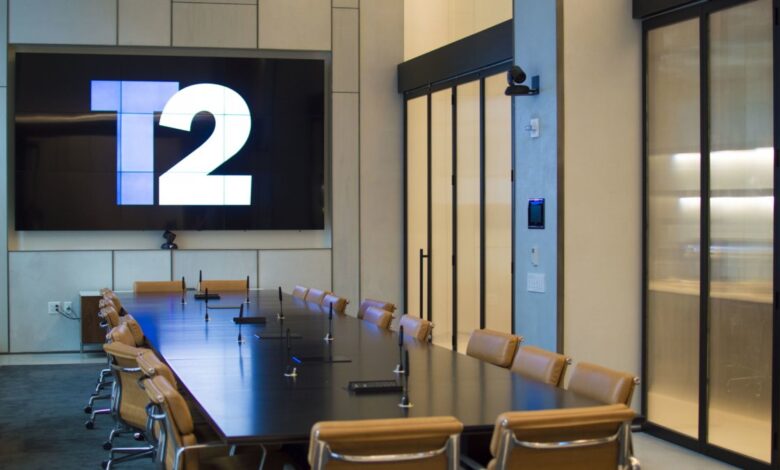
Shares of the gaming company Zynga soared on the news of its purchase by Take-Two Interactive for $ 12.7 billion
Take-Two Interactive (TTWO) today announced the acquisition of a well-known major mobile game manufacturer Zynga in the hope of expanding the business and achieving annual savings of about $100 million. The deal continues the trend of mergers in an industry where competition is heating up.
On Monday, two major video game manufacturers announced a deal: Take-Two Interactive acquires all outstanding Zynga (ZNGA) shares for $12.7 billion. Before trading on the premarket, Zynga shares jumped by 53%, and Take-Two shares fell by 10.7%.
Under the terms of the deal, Zynga shareholders receive $8.50 in cash and $6.36 in shares after the transaction closes, totaling $9.86 per Zynga share. The price represents a premium of 64% to the closing price of Zynga shares on January 7.
Take-Two expects that the purchase of Zynga will bring it long-term benefits, sales growth, and a stronger position in the market, given that it faces some strong competitors, including Activision Blizzard (ATVI) and Electronic Arts (EA).
To make the purchase, Take-Two will use $2.7 billion in financing. In addition, JP Morgan owns cash and income from issuing new debt obligations. Will complete The transaction during the first quarter of Take-Two’s fiscal year ending June 30, 2022.
The purchase of Take-Two by Zynga follows a move by rival Electronic Arts last year;
EA acquired mobile game maker Glu Mobile for $2.4 billion, as game studios seek to expand their mobile game development teams as the number of gamers on mobile platforms grows.
Take-Two Interactive’s shares, the world-famous Grand Theft Auto video game developer with a market capitalization of $19 billion, fell by 13.6% in 2021, after a 40% increase in 2020.
Shares of Zynga, the developer of such mobile video games as FarmVille, Empires & Puzzles, CSR Racing, Zynga Poker, with a market capitalization of $6.8 billion, have lost almost 40% over the past year, after growing by more than 60% in 2020.
Analysts explained the fall of these stocks because investors considered their growth in 2020 excessive, wondering how much the “gaming boom” will continue after the end of the pandemic.